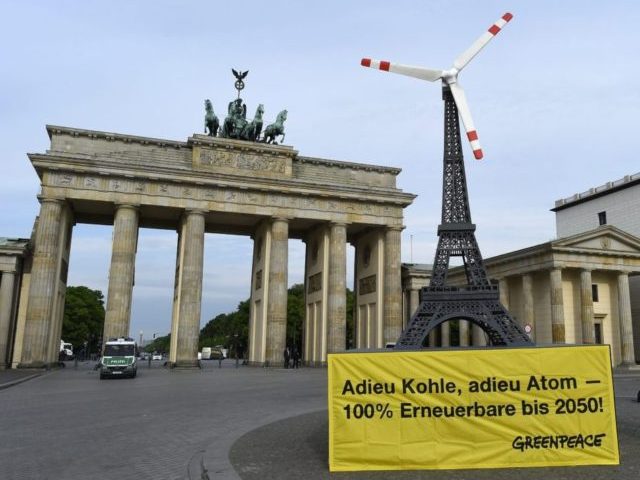German consumers are set to see the cost of their electricity hiked once again as the government attempts to cover the cost of a drive towards green energy sources.
Germans will be paying a 8.3 percent more next year to subsidise the renewables industry, after four grid operators announced that prices will be raised to 6.88 cents per kilowatt hour of energy used, up from the current rate of 6.35 cents, Bild has reported.
In order to encourage investment in green energy sources, the German government guaranteed firms a base income for 20 years after connection to the grid. But when energy prices fall, the difference is made up through a green energy levy borne by consumers known as the EEG levy.
When the scheme launched in 2000 the levy charged to households was just 0.19 cents a kilowatt hour. Businesses also pay the levy, although those with large energy needs such as coal mining or paper manufacturers can apply for a discount.
Ulrich Grillo, head of the Federation of German Industries (BDI) has slammed the increase, telling Bild “The EGG levy is growing four times faster than the economy this year. The current subsidy system is running out of control.”
He added that the cost base for renewables forecast by the Federal Ministry of Economics was wishful thinking.
Meanwhile Michael Fuchs, deputy leader of the Christian Democratic Union (CDU) faction in the Bundestag (German parliament) pointed out that the overall cost of subsidies – some €25 billion year – totalled more than the entire annual Ministry of Transport budget.
Predicting that the price rise would cost a hairdressing business an extra €1,600 a year, he called for a limit on subsidies to be set.
“The Economics Minister Sigmar Gabriel promised to keep transitional energy costs under control,” he said.
“We need an independent agency which sets prices […] and we need an upper limit for subsidies. 25 billion euros per year is more than enough.”
Germany has one of the most ambitious green energy policies in the world, aiming to reduce greenhouse gasses by 50 percent by 2050, from the 1990 baseline.
In addition, in 2011, following the disaster at Japan’s Fukushima nuclear power plant, Germany announced plans to totally phase out nuclear power from the country by 2022. She has since leant on neighbours France and Belgium to close some of their older nuclear plants.
